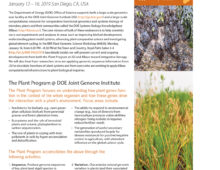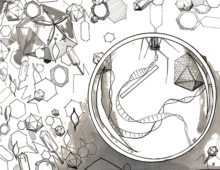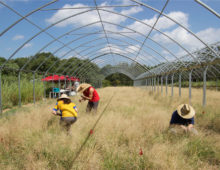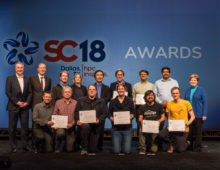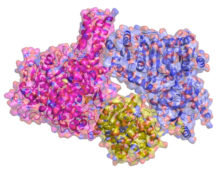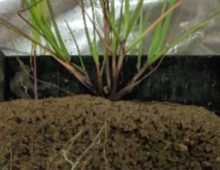JGI & KBase at PAG XXVII
The Plant and Animal Genome XXVII Conference (PAG) takes place January 12-16, 2019, in San Diego, Calif. Representatives from the DOE Joint Genome Institute (JGI) and the DOE Systems Biology Knowledgebase (KBase) will be at Booth 509. Stop by and chat with representatives from KBase and the JGI about collaborative science opportunities. Learn how to… [Read More]
